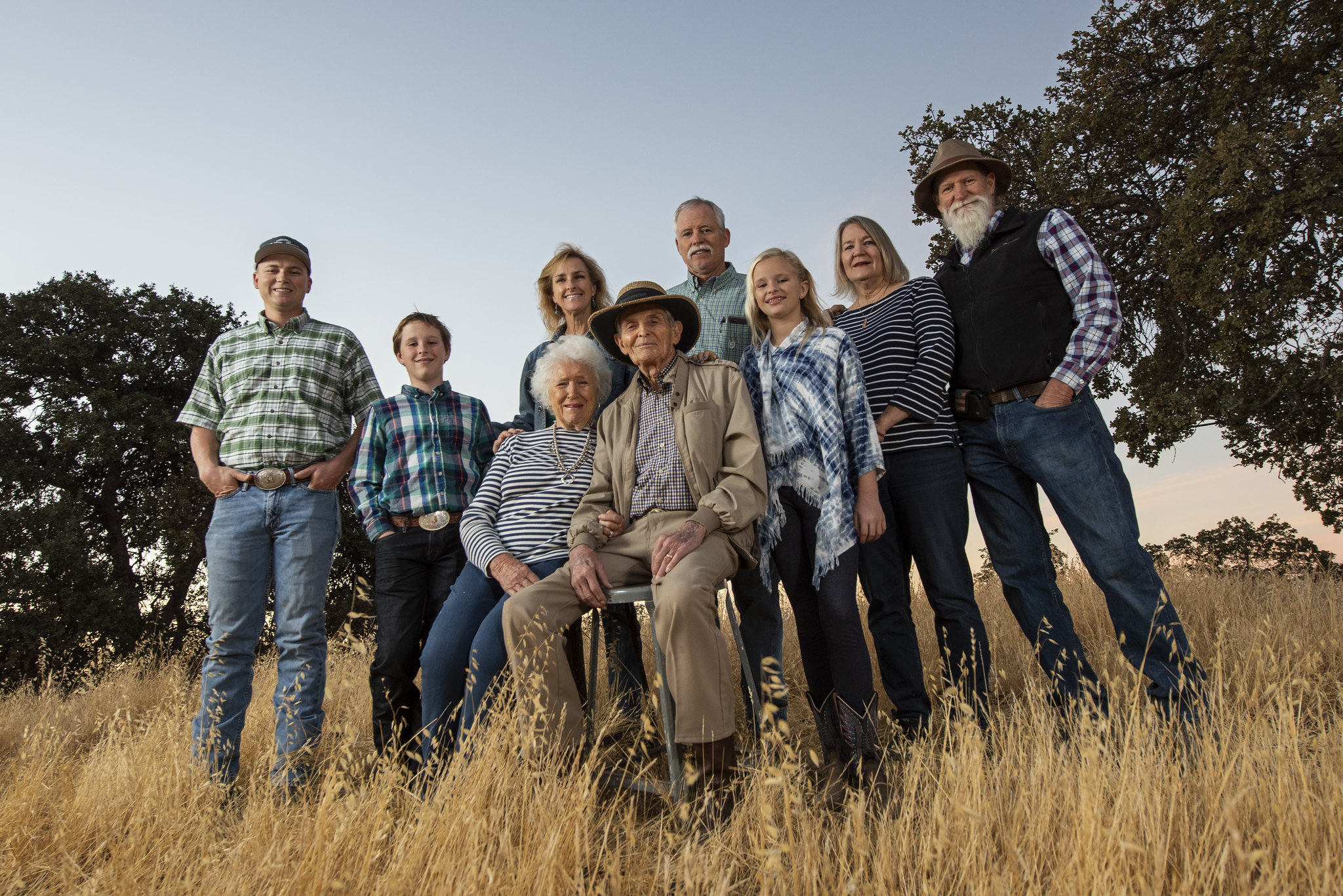
The farm and rangeland owned and managed by Bruce and Rick Rominger represents a community they love, respect, share with others and protect in perpetuity. They grow diversified crops – including wine grapes, processing tomatoes, rice and hay – in ways that protect the environment, using a full toolbox of stewardship practices and partnerships. This includes planting miles of hedgerows to benefit important pollinators like bees, restoring over 5,000 feet of stream corridors to connect riparian areas and wetlands to aid a variety of species, and managing irrigation water on their rice fields to boost declining shorebird populations.
The Romingers have long been recognized leaders for their adaptability and innovation while overcoming regulatory challenges that, together with their conservation goals, enhance their business. Community service and outreach round out the leadership character of Rominger Brothers Farms.
“It’s an honor to even be considered for the Leopold Conservation Award, and an even greater honor to win it, especially considering all the accomplished past winners,” said Bruce Rominger. “We are humbled to be part of that list of distinguished recipients. We love what we’re doing and believe what we’re doing improves our part of California in meaningful ways for the future. To have the Leopold Conservation Award associated with our farm is a tremendous privilege.”
“California’s environment and communities are facing some big challenges – with the effects of climate change in particular on full display with yet another round of megafires across the state this year,” said Ashley Boren, Executive Director of Sustainable Conservation, which has co-sponsored the award since its launch in California in 2006. “The Rominger brothers have spent three decades evolving their farm into a model of sustainability and climate resiliency. Their extraordinary list of accomplishments includes pioneering the use of water-wise drip irrigation, planting miles of hedgerows to benefit important pollinators, and restoring and reconnecting streams and wetland habitats – all of which helps their farm and the multitude of species that call it home endure in a changing climate.”
